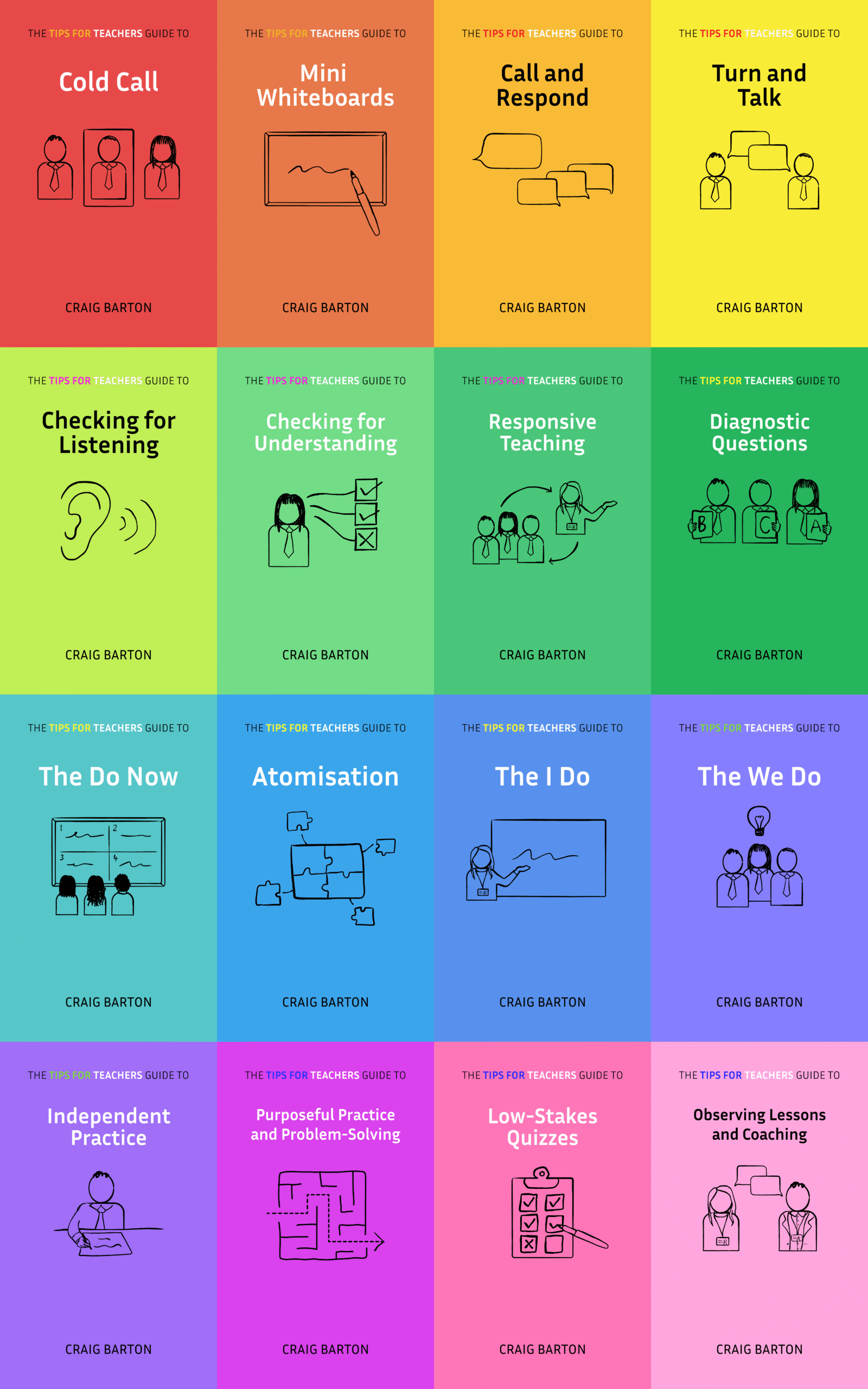
- Title: Effective Questioning and Responding in the Mathematics Classroom
- Authors: John Mason
- Access the original paper here
- Listen to a deep-dive podcast:
Paper summary
This excerpt from John Mason’s 2010 work, “Effective Questioning and Responding in the Mathematics Classroom,” examines the nature and impact of teacher questioning in math education. Mason proposes that teacher questions often stem from a shift in the teacher’s own attention, aiming to redirect student focus. The text analyzes different types of questions, including controlling questions, genuine inquiries, and meta-questions, exploring their effectiveness and potential drawbacks like “funneling.” It also emphasizes creating a “conjecturing atmosphere” where students feel comfortable making and revising conjectures. Finally, the text provides strategies for encouraging students to generate their own questions, promoting independent learning and deeper mathematical understanding
What are the key implications for teachers in the classroom?
- Teachers should strive to create a “conjecturing atmosphere” in the classroom, where students feel comfortable sharing their ideas and making conjectures without fear of being judged. In a conjecturing atmosphere, students are more likely to be engaged in learning. They are also more likely to develop their mathematical thinking skills.
- Teachers should use questions to focus student attention on important mathematical ideas. Effective questioning can help students to make connections between different concepts. They can also help students to develop a deeper understanding of the material. However, teachers should avoid using questions for social control or to exert authority.
- Teachers should be aware of how their own attention is structured, and how this can impact student learning. If teachers are not mindful of their own attention, they may not be able to effectively focus student attention on the most important ideas. They may also inadvertently create confusion or anxiety for students.
- Teachers should encourage students to ask their own questions. When students ask their own questions, they are taking ownership of their learning. They are also more likely to be curious and engaged. Teachers can help students to generate their own questions by providing them with opportunities to explore and investigate mathematical ideas.
- Teachers should be prepared to respond to student questions in a way that supports their learning. When students ask questions, it is an opportunity for teachers to assess their understanding. It is also an opportunity to provide them with the support they need to move forward. Teachers should avoid simply giving students the answers to their questions. Instead, they should try to help students to figure out the answers for themselves.
The sources emphasize that questioning is a powerful tool that teachers can use to support student learning. However, it is important for teachers to use questioning effectively. By following the implications outlined above, teachers can create a more positive and productive learning environment for their students.
Quote
Above all, the types of questions you ask will quickly inform your learners of what you expect of them, and covertly, of your enacted philosophy of teaching. The key to effective questioning lies in rarely using norming and controlling questions, in using focusing questions sparingly and reflectively, and using genuine enquiry-questions as much as possible.








